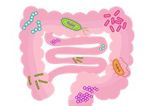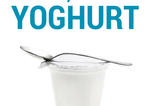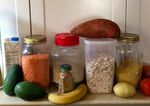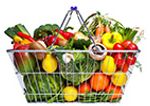Weighing in on kilojoules
by Alison McAleese, LiveLighter Victoria Campaign Manager and Dietitian
- May 21, 2018
- Leave a comment
- VIC
- Health professionals
- Healthy eating
- Top Tips
- Weight Management
- Industry
- Junk Food
- Sugar
- Public Health
- Smart Swaps
- Snacks
- Advocacy
- Nutrition Facts
This month Victoria warmly welcomed mandatory kilojoule labeling in Victorian fast food chain outlets and supermarkets! *
As fast food is a major contributor to our intake of saturated fat, added sugar, salt and energy, it’s great to know consumers are now being informed about what they’re purchasing.
LiveLighter’s junk food calculator is a nifty tool that will help you work out what’s really in popular junk food.
In this post we’ll answer your questions on kilojoules and recommend ways to cut back on unnecessary kilojoules when eating out.
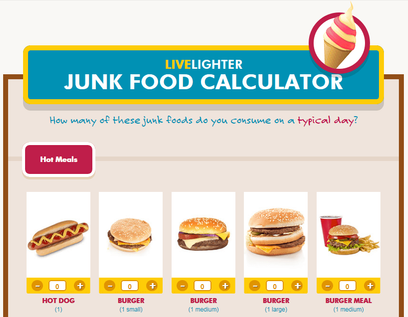
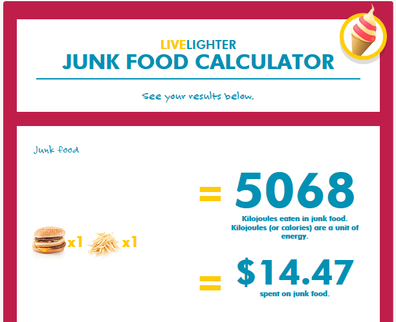
First off – What are kilojoules?
In Australia we use kilojoules (kJ) to measure how much energy people get from consuming food and drink. Calories (cal) are another way of measuring energy, but kilojoules (kJ) are more commonly used in Australia.
Are kilojoules bad?
No, our bodies need energy to function properly – without them we would really struggle. However, if we eat and drink more energy than our body needs, the extra energy is stored as fat. If we keep doing this day after day, it can lead to weight gain. Most junk food, including fast food, is very high in kilojoules and it can be easy to consume a lot without realising it.
How many kilojoules do I need each day?
Our kilojoule requirements vary based on things like age, gender and physical activity. On average Australian adults eat and drink around 8,700kJ a day. You can calculate your own energy needs here.
So… how can I cut back on excess kilojoules when eating out?
Check the kilojoule content on the menu
With access to instore information about the energy content of foods in chain fast food outlets we can now compare the nutrition information of different meals to determine the lower kilojoule option when eating out. We also have some ideas for healthier ways to eat out.
Beware the bigger serve!
“Upgrade to a large for just $1!” – Bargain? Think again. Bigger serves may seem like better value for money, but they’re actually costing our health a great deal more as we can end up eating more energy than our body needs.
Our hot tip: Go for small options or share the large with a friend.
Seek healthier alternatives
Don’t be afraid to ask things like:
- Can I swap those fries for a healthier side of salad or veg?
- Can dressings and sauces be placed on the side?
- Can the meal be grilled rather than fried?
Beginning to make small, simple changes like these will go a long way.
Say no to add-on options
If you’re tempted by flashy advertising or when offered a cheap add-on at the checkout, take a step back and think – is it really worth it? It’s important to know many fast food snacks offered in these deals are high in added sugar and saturated fat, contributing more to our daily kilojoule intake than we think. Many would be shocked to learn that by saying yes to a donut with your coffee order you’re bumping an extra 804kJ onto your daily kilojoule intake – yikes!
Reach for healthier drink options
One can of soft drink contains 675kJ and 10 teaspoons of sugar. Ditch sugary drinks and turn to tap, plain mineral or sparkling water as your drink of choice!
Be ready for the snack attack!
We get it - the time between meals can often be a danger zone in our efforts to maintain a healthy weight. But a sugary or fried snack can easily contain over 1,000kJ and probably won’t fill you up for long. Have healthy and convenient snack options prepped and ready for those hungry times.
Here are some of our favourites to help you snack better
- Swap a bag of lollies for fresh or dried fruit. Full of vitamins and fibre, these healthier options will fill you up and have less added sugar than a bag of lollies.
- Fancy some potato chips? Crunch on chopped veggie sticks and hummus instead with only a quarter of the fat.
- Small amounts of plain, unsalted nuts are a great healthy snack. Remember to choose this variety over roasted salted nuts!
More healthy and convenient snacks to keep handy

Note: Victoria joins New South Wales, ACT, Queensland and South Australia in introducing legislation for mandatory kilojoule labelling in specified food outlets. The remaining states and territories do not have the same legislation, some retailers show the kilojoules voluntarily however.
